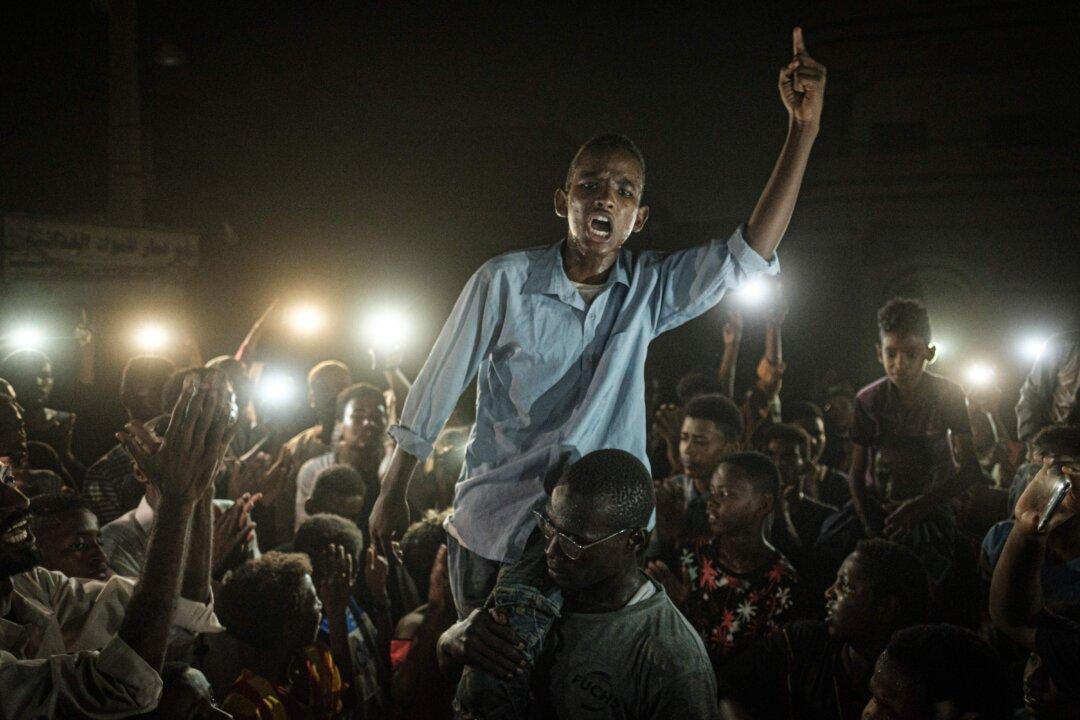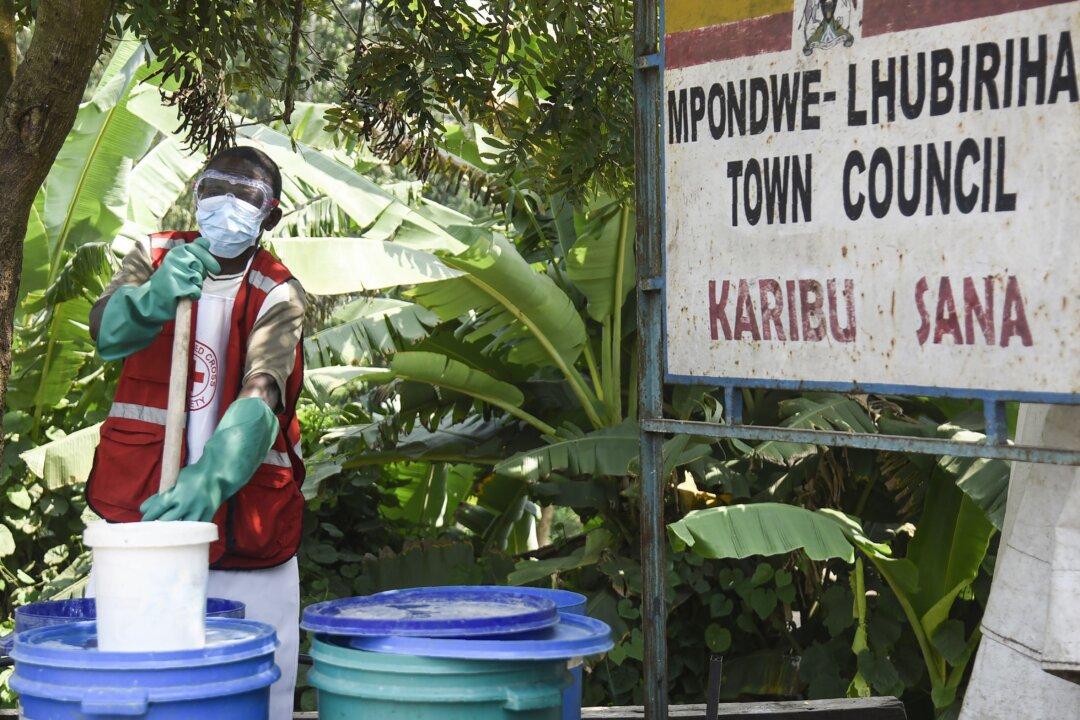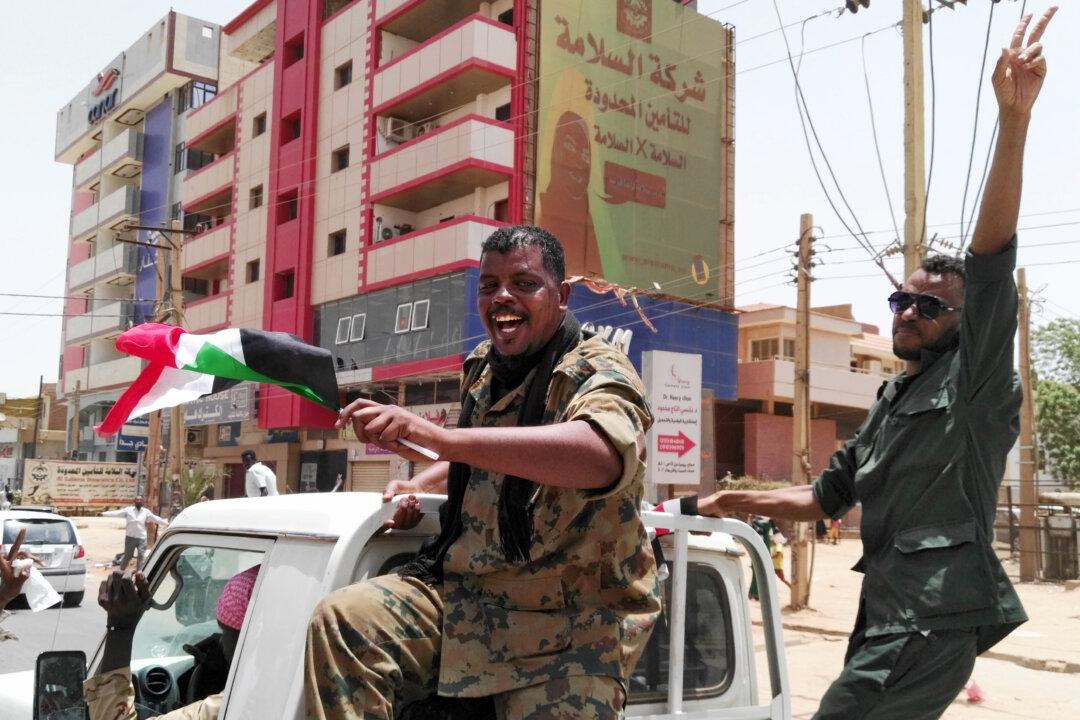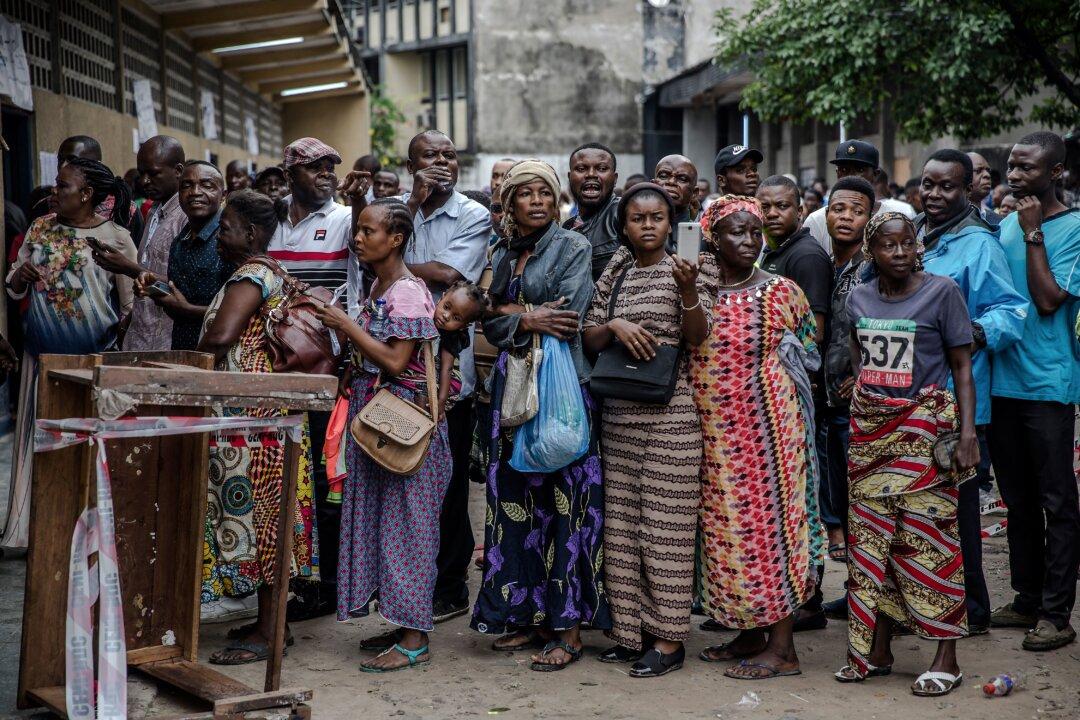NAIROBI, Kenya—A large portion of the population in South Sudan is unable to access basic necessities such as food, water, and health care, in a humanitarian crisis that’s been exacerbated by years of armed conflict, the medical aid group Doctors Without Borders (MSF) said.
Aid workers face a difficult time accessing some areas to deliver medical supplies due to increased insecurity, Teresa Murray, MSF Spain’s deputy director of operations, said at a press event in Nairobi. This, she explained, is threatening the lives of many civilians, among them displaced persons, women, and children.
“There’s already [crisis-level] food insecurity in South Sudan and non-access will exacerbate that further,” Murray said.
While it’s been seven years since the country gained independence from Sudan, five years of fighting have left tens of thousands dead and taken a toll on the nation’s economy. Humanitarian groups say the fighting has left the world’s youngest nation with a dysfunctional healthcare system and some of the most tragic health indicators in Africa.




